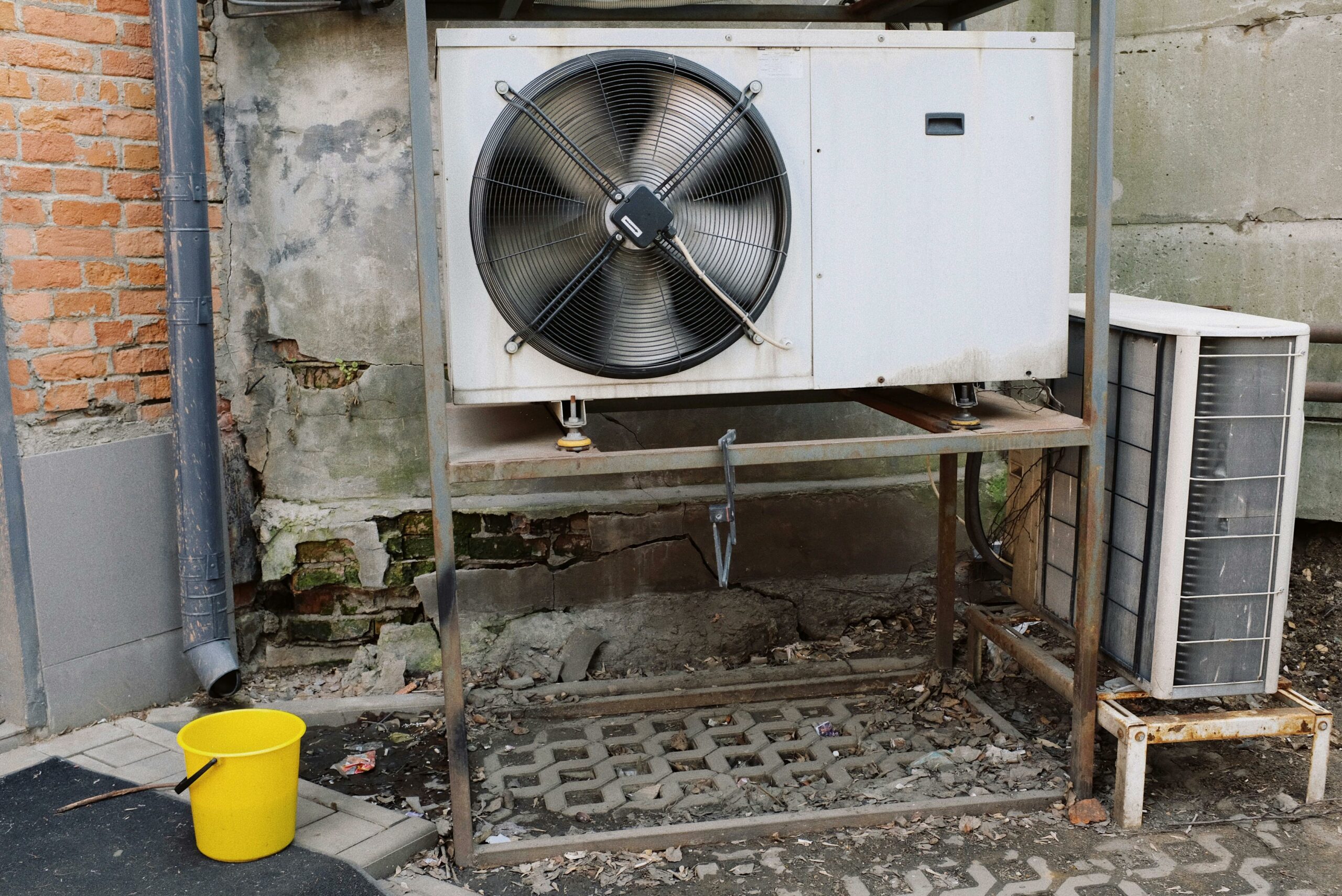Listen to this article

Locus is still growing along with the AMR market, says its CEO. Source: Locus Robotics
Even the most successful mobile robot vendors are adjusting expectations and staffing levels in reaction to slowing post-pandemic growth. Locus Robotics Corp. today confirmed that it had a “small, targeted RIF,” or reduction in force.
“Everyone, including our customers, overhired and overestimated the business after the COVID-19 peak,” acknowledged Rick Faulk, CEO of Locus. “We made some adjustments in our sales and marketing organization to align to market realities.”
Founded in 2014, Locus Robotics provides autonomous mobile robots (AMRs) that collaborate with human pickers to increase warehouse efficiency. The Wilmington, Mass.-based company serves the retail, healthcare, manufacturing, and third-party logistics (3PL) industries and offers a robotics-as-a-service (RaaS) model.
Locus Robotics adjusts to market conditions
North American robot orders dropped last year, with a 37% decline in orders in the second quarter of 2023, according to the Association for Advancing Automation (A3). Warehouse construction also declined by 25% in 2023, reported Interact Analysis, but demand for mobile robots did increase.
While relatively few robot providers shut down last year, the AMR space faced challenges. For example, Shopify sold 6 River Systems to Ocado at a loss, and IAM Robotics pivoted and rebranded itself as Onward Robotics.
“For some segments, it’s a little slower than expected,” Faulk told The Robot Report. “A number of accounts are making adjustments — not just logistics, but across retail and e-commerce. We and customers were a little too optimistic coming out of COVID, and some trends are flattening out.”
“We want to make sure we align our cost structure and right-size our go-to-market team,” he added. “We’re trying to be smart against what we see for the next several quarters.”
Some former employees posted about the layoffs to social media, but Faulk declined to say how many were affected by the RIF.

Click here to enlarge. Source: Locus Robotics
Faulk looks to accomplishments and the future
Despite the setback, Locus Robotics has touted several recent accomplishments. Last year, DHL Supply Chain deployed 5,000 additional Locus AMRs. Locus broke ground on new headquarters and appointed new executives to support its global expansion.
“Locus has an incredibly strong balance sheet and investor base,” stated Faulk. “We’re still hiring for certain roles, and we’ve got a little less than 500 employees right now.”
“We’re still growing significantly, and our picks have increased exponentially to more than 2.6 billion,” he said. “We’re growing the number of robots deployed significantly year over year, both in volume and in fleets.”
Over the recent peak shopping season, the company’s warehouse automation picked a record 331 million units, averaging nearly 7 million units per day.
“I’ve never been more optimistic about our future or for the future of the industry,” Faulk asserted. “All of the long-term trends are favorable for AMR vendors — the labor shortage is real and persistent, there’s steady growth in e-commerce, and consumers expect faster deliveries.”
“These all play into our economic models and will be supported by the technology advances we’re doing,” he said.






















